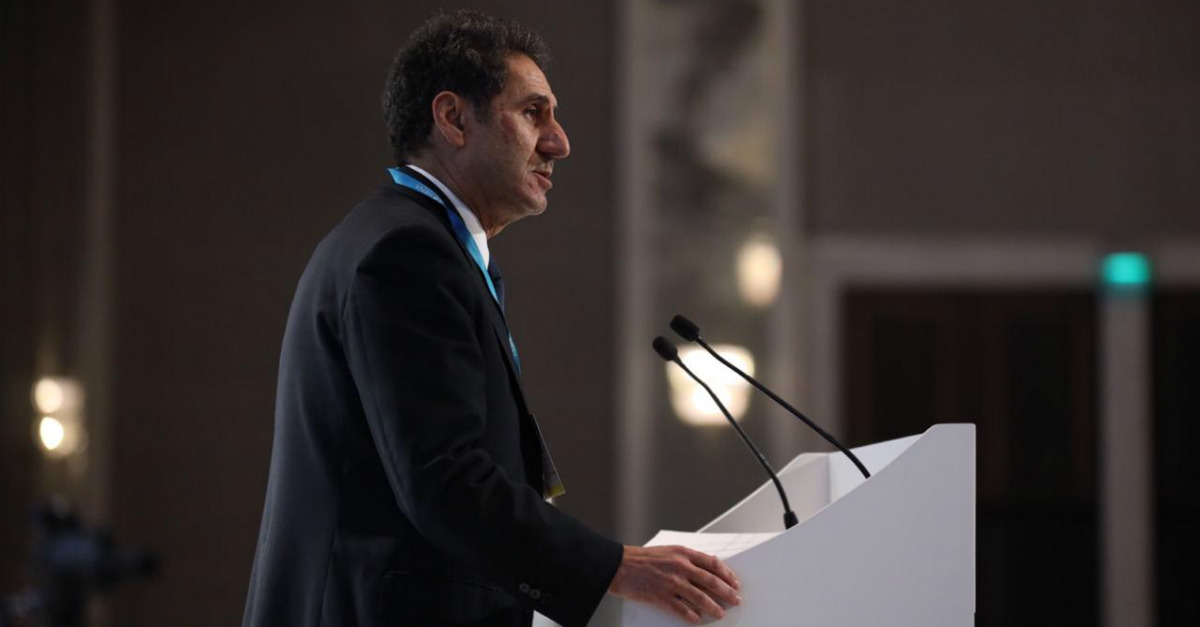The International Renewable Energy Agency (IRENA) has recently released a report calling for global renewable energy investments i.e. investment in energy transition technologies will quadruple annually to meet the Paris climate agreement’s commitments.
The report emphasizes the need for more investment in renewables, and its findings suggest that a record $1.3 trillion investment in renewables, reached last year, must increase to around $5 trillion annually to meet the Paris accord’s goal of limiting temperature increases to 1.5 degrees Celsius (2.7 Fahrenheit) above pre-industrial levels.
The need for quadrupled renewable energy investments
According to IRENA, renewable energy implementation must increase from around 3,000 gigatonnes per year today to over 10,000 gigatonnes by 2030 in order to meet the Paris climate agreement’s target.
This calls for a significant increase in investments in renewables globally. IRENA suggests that directing planned fossil fuel investments – around $1 trillion of fossil fuel investments per year by 2030 – toward renewable energy technologies and infrastructure could help to meet this target.
The cost of transition technology
IRENA’s report suggests that the world needs around $35 trillion for transition technology by 2030, including improving efficiency, electrification, grid expansion, and flexibility.
Such investments will help reduce greenhouse gas emissions and mitigate the impact of climate change.
However, these investments require significant funding, and IRENA’s report highlights the importance of financial institutions directing more funds toward energy transition projects with better conditions.
The importance of equality in renewable energy expansion
According to the report, new renewables projects in China, the EU, and the US accounted for two-thirds of installed capacity last year. In comparison, Africa accounted for only 1% of installed renewable capacity.
IRENA calls for more equality in renewable expansion between industrial and developing countries to address this imbalance. The report suggests a fundamental shift in the support to developing nations, with more focus on energy access and climate adaptation.
Shifting support to developing nations
IRENA’s Director General Francesco La Camera highlights the need to shift support to developing nations to address the global climate crisis.
The report suggests that developing nations require support to expand their renewables capacity and improve energy access.
This shift in support will require financial institutions to direct more funds towards energy transition projects with better conditions.
The call for fossil fuel investment diversion
IRENA’s report emphasizes the need for a shift in the allocation of fossil fuel investments towards renewable energy technologies and infrastructure.
Such a shift will help meet the Paris climate accord’s target and mitigate the impact of climate change.
The report calls for a fundamental shift in financial institutions’ approach toward renewable energy technology investments.
Transition to renewable energy is one for all and all for one
IRENA’s report highlights the need for quadrupled global investments in renewable energy technologies to meet the commitments made under the Paris climate accord. The report emphasizes the need for more equality in renewable expansion between industrial and developing countries and a shift in support towards developing nations.
Financial institutions must direct more funds toward energy transition projects with better conditions, and fossil fuel investments must be diverted toward renewable energy technologies and infrastructure. Such actions will help reduce greenhouse gas emissions and mitigate the impact of climate change.

